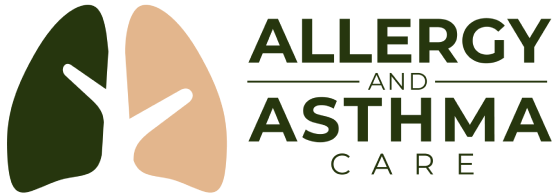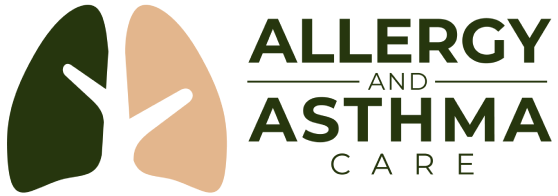A drug allergy is a reaction by your immune system to a medicine you have taken. If you are allergic to a drug, even a small amount can trigger a reaction. These reactions range from mild to life-threatening.
When you have an allergic reaction to a drug, your immune system treats the drug as a foreign substance and tries to protect you from it.
The drugs most likely to cause these problems are:
- antibiotics, such as penicillin
- anti-seizure medicines
- contrast dyes used for some X-rays
- some heart and cancer drugs
- local anesthetics (pain killer) such as Novocaine
The most common symptoms are:
- itching
- redness of the skin or a red rash
- swelling of the skin
- hives
Symptoms of a drug allergy can happen within minutes of taking the first dose, or they may start several days after taking the drug. About half of all allergic reactions occur 1 week after starting a drug. Most symptoms go away 3 to 5 days after you stop taking the drug.
Anaphylaxis is a life-threatening allergic reaction. The reaction is sudden and severe and involves the whole body.
Some symptoms of anaphylaxis include:
- skin rash or hives
- swelling of the lips, face, or throat
- trouble breathing and wheezing
- a hoarse voice
- fainting
- light-headedness
- fast or pounding heartbeat
- nausea and vomiting
We will ask about your symptoms and the drugs you have taken. Tell your them about all your medicines, including prescription and nonprescription drugs, supplements, natural remedies, herbs, and vitamins.
If you have a severe allergic reaction or anaphylaxis and there is a question about the cause of the reaction, your provider may recommend that you see an allergy specialist for testing.
Anaphylaxis is life-threatening. If you think you are having a severe allergic reaction, go to the emergency room or call 911 for help. A severe or life-threatening reaction usually requires a shot of epinephrine (also called adrenaline) or a steroid, such as hydrocortisone, or both. A mild reaction may be treated with an antihistamine. The specific treatment will be determined by us as your allergists. The effects of an allergic reaction last from several minutes to hours, depending on how much of the drug you took and the severity of your allergy.
Follow your allergist’s instructions if you were given medicine to take at home. If you have had anaphylaxis, we will prescribe EpiPen. EpiPen is a single-dose injection of epinephrine. You should always have two epinephrine injections available (2-pak) with you. With the Epi-Pen you can give yourself a shot of medicine to counteract the allergic reaction while you wait for medical help to arrive.
Wear a bracelet or necklace that warns of your allergy and tells what to do in case of an emergency.
How can I prevent allergic reactions?
Avoid taking drugs that have caused you to have a reaction. Be sure to check all labels for the names of these drugs before taking any medicines or natural remedies.
Tell all healthcare providers who treat you, including pharmacists and dentists, about all past allergic reactions you have had.


